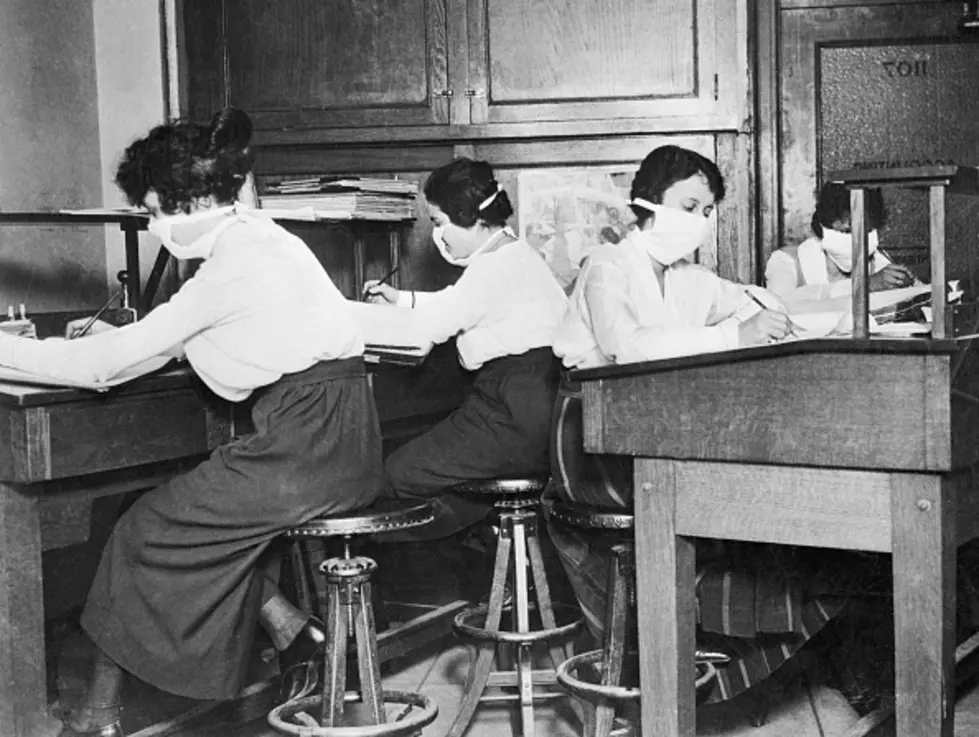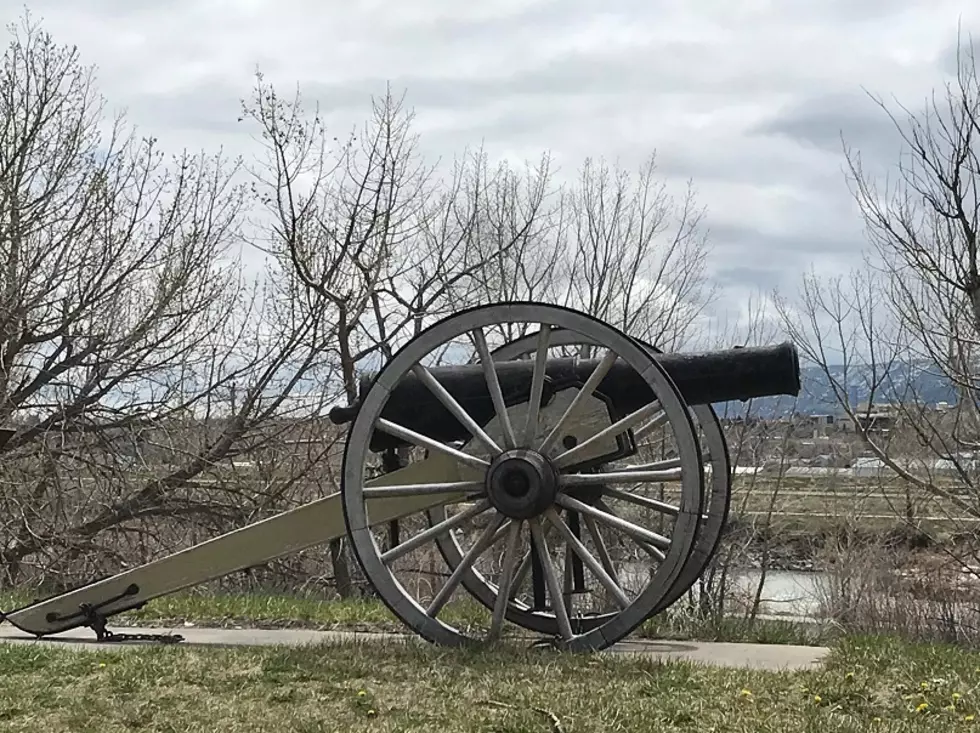
1918 Fight Over Face Masks Sounds Familiar
Does wearing a face masks save lives? The debate rages, and this is not the first time America has had this argument.
A century ago, the Spanish Flu killed about 60 million people worldwide.
The response back then was the same as today: schools and businesses closed, the economy was brought to a halt, and government required people to wear face masks to slow the spread of the devastating influenza outbreak.
Back then, just like today, there were some people who hated the idea of the government telling them what to do.
People protested and openly defied the mask order. In one protest, about 2,000 members of the so-called "Anti-Mask League" gathered in San Francisco. They denounced the mask order and demanded its repeal.
Fast forward to the year 2020 and protesters in Michigan carried assault rifles into the state Capitol to protest the governor's order. Other such protests have taken place in cities across the country.
Then, like now, there were businesses that would not allow a consumer in without a mask and some, due to the stalled economy, that would not turn anyone away.
There is something else that might strike us as similar: The 1918 pandemic began in the spring, but did not hit the nation full force until that fall. The second wave killed more than 20 million people between October and November, according to the National Archives.
Late November 1918, Denver's mayor issued an order for everyone to wear face masks: “The wearer is not only protecting himself, but is protecting others. It is the moral obligation of every person to wear a mask on a street, in a car, or in a store.”
Health experts have made their case to the public: “Cloth face coverings are meant to protect other people in case the wearer is unknowingly infected but does not have symptoms,” said the Center for Disease Control and Prevention.
102 years ago, much like today, the Denver order “was almost totally ignored by the people; in fact, the order was cause of mirth,” according the Rocky Mountain News.

READ MORE: See how some companies are changing their businesses to combat COVID-19
More From Wake Up Wyoming









